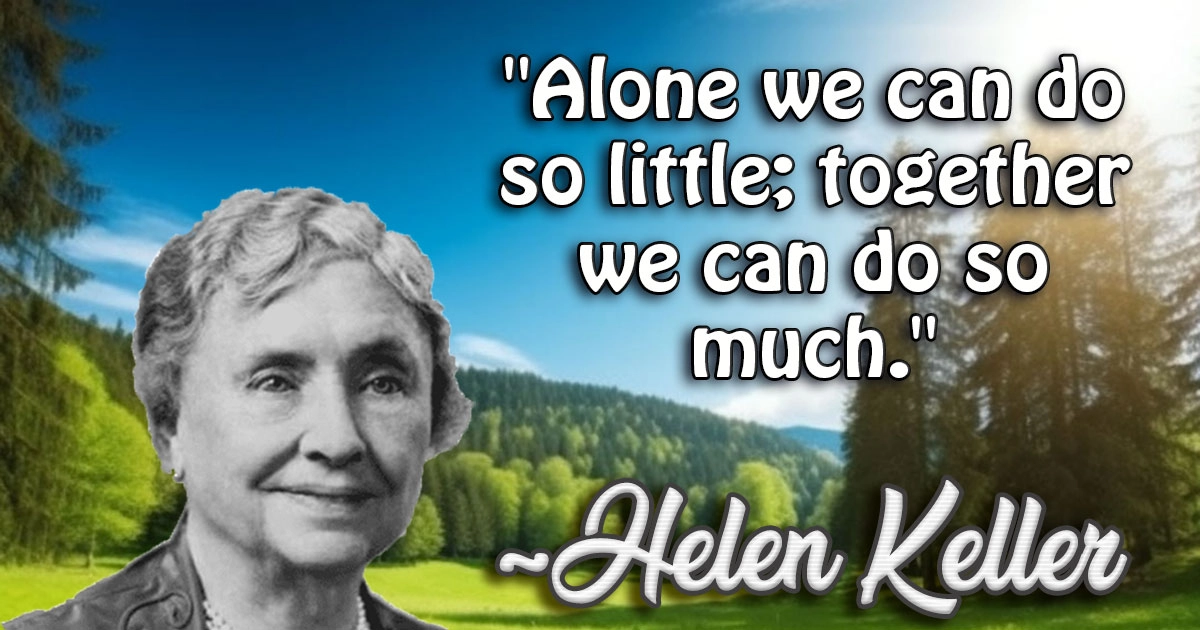
Helen Keller was born on June 27, 1880, in Tuscumbia, Alabama, into a world brimming with possibilities. That world, however, quickly dimmed when, at just 19 months old, a mysterious illness—probably scarlet fever or meningitis—stripped her of both sight and hearing. Suddenly, the world was a silent, dark expanse, like trying to navigate a maze with both hands tied behind your back. And yet, Helen Keller not only found her way but left a trail so bright that it still shines today.
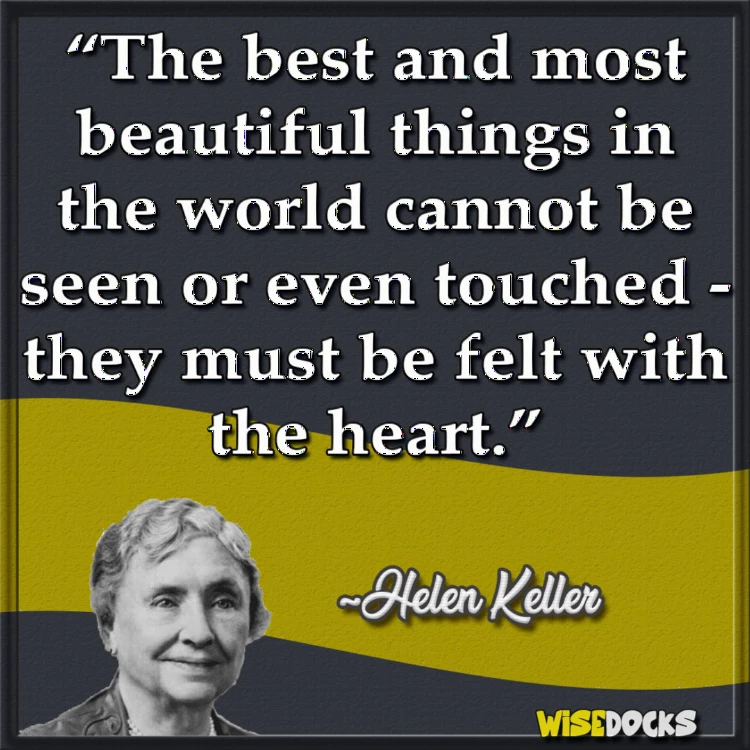
Before she became an icon of courage, young Helen was a force of nature, albeit a force with zero discipline. Imagine a tiny, tornado-like child wreaking havoc around the house—pulling things off shelves, eating off everyone’s plate, and communicating through a series of unrefined grunts, yanks, and smacks. That was Helen before she met the woman who would change her life forever.
Her parents, understandably desperate and perhaps slightly terrified, enlisted the help of Alexander Graham Bell. Yes, that Alexander Graham Bell—the dude who invented the telephone. He suggested they reach out to the Perkins Institute for the Blind, which is how Anne Sullivan, a teacher with the patience of a saint and the determination of a Spartan warrior, entered Helen's life.
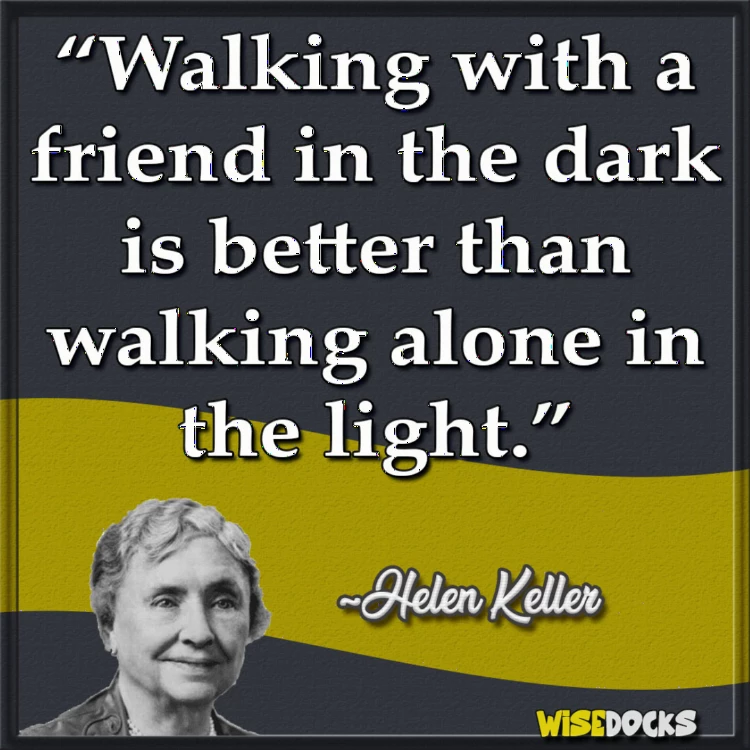
Anne Sullivan arrived at the Keller household in 1887, ready to face a challenge that most people would run from screaming. Within days, she and Helen had a battle of wills that could rival any heavyweight match. Anne’s mission was to teach Helen language—to give her a means to connect with the world. But first, she had to convince the feral child that breaking things and smacking people wasn’t an acceptable form of communication.
In an epic struggle that involved lots of tantrums, thrown objects, and more than a few tears, Anne managed to teach Helen her first word: “water.” She accomplished this by repeatedly spelling the word into Helen's hand while pumping water over it. It was the light bulb moment—a flicker in the darkness that would ignite a firestorm of learning. Suddenly, Helen understood that everything had a name, and she was off to the races, learning 30 words within days. The beast had been tamed, and the world had better watch out.
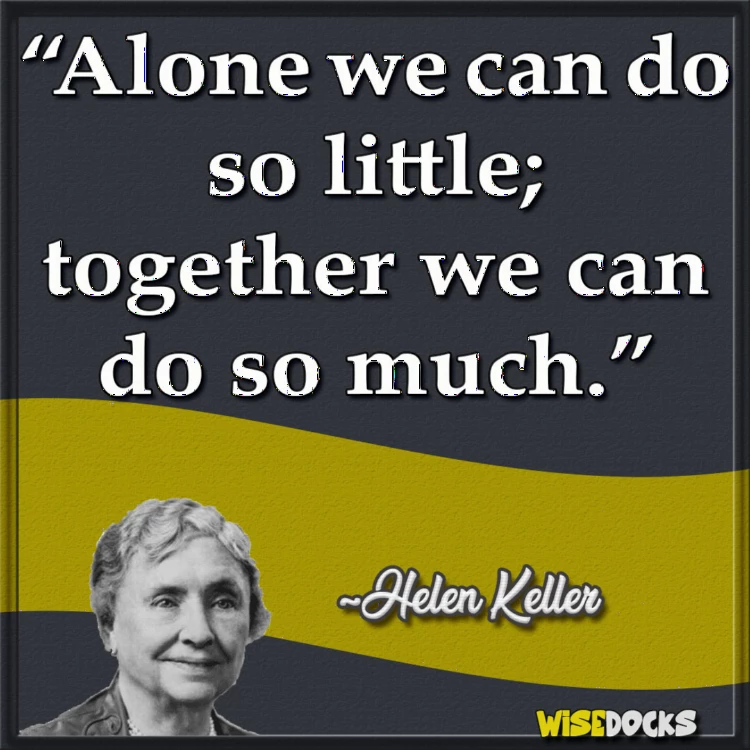
Helen’s thirst for knowledge was unquenchable. If there were a Guinness World Record for “Most Words Learned by Touching a Teacher's Hand,” Helen would have won, no contest. She devoured books like they were the last dessert on the buffet, learning French, German, Greek, and Latin along the way because, apparently, learning just one language wasn’t enough for this powerhouse.
By the age of 10, Helen was a master at reading Braille and had learned to speak using the Tadoma method, which involves feeling the vibrations of a person’s throat and lips. But let’s be real—most of us struggle to pronounce “quinoa” correctly. Helen, however, was tackling languages like she had a personal vendetta against illiteracy.
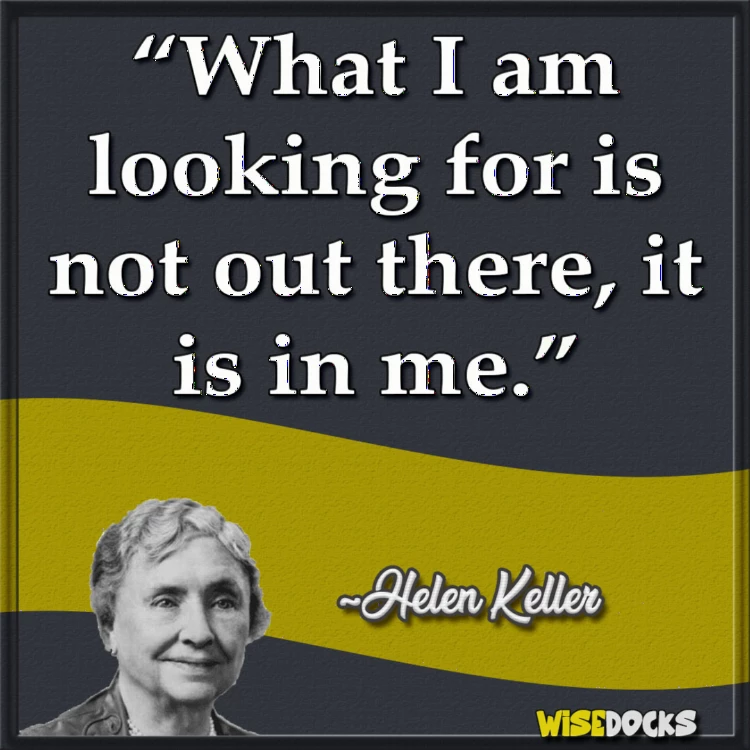
In 1900, she became the first deaf-blind person to attend college, enrolling at Radcliffe College, the sister school of Harvard. And if you think she got special treatment, think again. Helen tackled her studies without any of the technological conveniences we have today. No audiobooks, no voice-to-text, just a lot of hand-spelling by Anne and a level of determination that would make Hercules look like a couch potato.
In 1904, she graduated cum laude, earning a Bachelor of Arts degree, and instantly became the world’s most famous college graduate. She had done the impossible—like scaling Mount Everest without oxygen, or more impressively, surviving a group project in college without losing her mind.
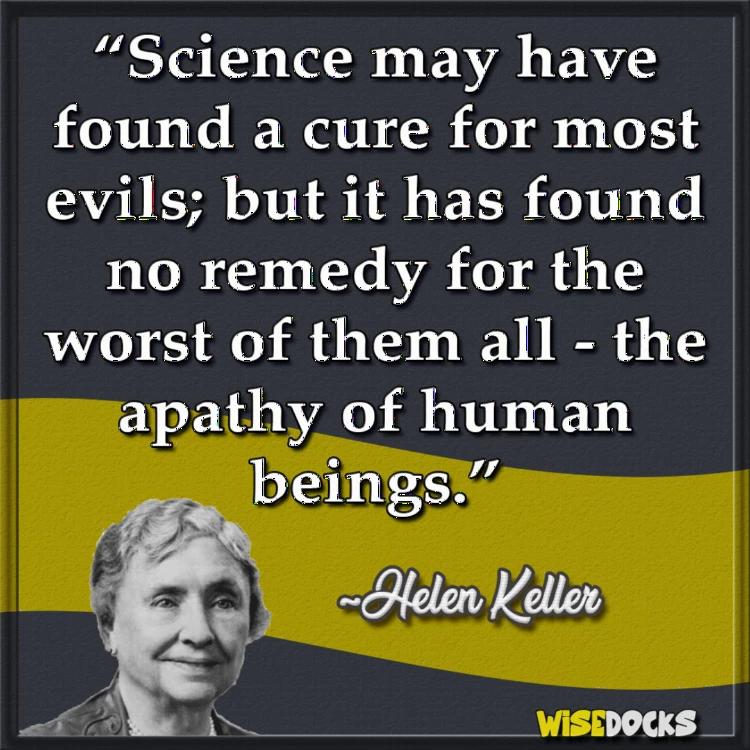
After college, Helen didn’t rest on her laurels—mostly because she didn’t know the meaning of the word “rest.” She went on to write 12 books and numerous articles, most notably her autobiography, The Story of My Life. This was the ultimate “let me tell you how it is” memoir, giving the world insight into her incredible journey. And yes, it’s way more inspiring than anything your cousin posted on Instagram about “overcoming” a bad hair day.
But Helen wasn’t just a writer; she was a relentless activist. She joined the Socialist Party and was a fierce advocate for women’s suffrage, labor rights, and anti-militarism. She fought for the rights of people with disabilities like a modern-day Joan of Arc, minus the whole burning at the stake thing. In fact, the FBI kept a file on her because she was such a vocal critic of the government. When the FBI is watching you because you're too outspoken, you know you're making waves.

Helen also helped to found the American Civil Liberties Union (ACLU) in 1920, proving that not only could she fight for her rights, but she was also ready to throw down for everyone else’s. Her speeches, delivered through interpreters, were electrifying and often brought audiences to their feet. Helen Keller wasn’t just breaking barriers; she was smashing them with a sledgehammer.
Over her lifetime, Helen met every U.S. president from Grover Cleveland to Lyndon B. Johnson, and she wasn’t just shaking hands and posing for pictures. She was there to talk policy and make sure these guys knew that people with disabilities weren’t going to be sidelined anymore.
In one memorable moment, Helen, ever the trailblazer, visited the White House and was introduced to President Dwight D. Eisenhower. Helen, not one to let an opportunity slip by, brazenly “asked” Eisenhower (through her interpreter) what he planned to do about civil rights. Imagine the President of the United States being grilled by a deaf-blind woman in front of the entire press corps. Talk about flipping the script!
Helen’s fame wasn’t just political; she was also a full-blown celebrity. She was friends with the likes of Mark Twain, Charlie Chaplin, and even tapped out a few telegrams to the legendary composer, Ludwig van Beethoven (probably complaining about the Wi-Fi signal, or lack thereof). If Instagram had been a thing back then, Helen’s account would’ve been lit—selfies with world leaders, captioned with braille puns.
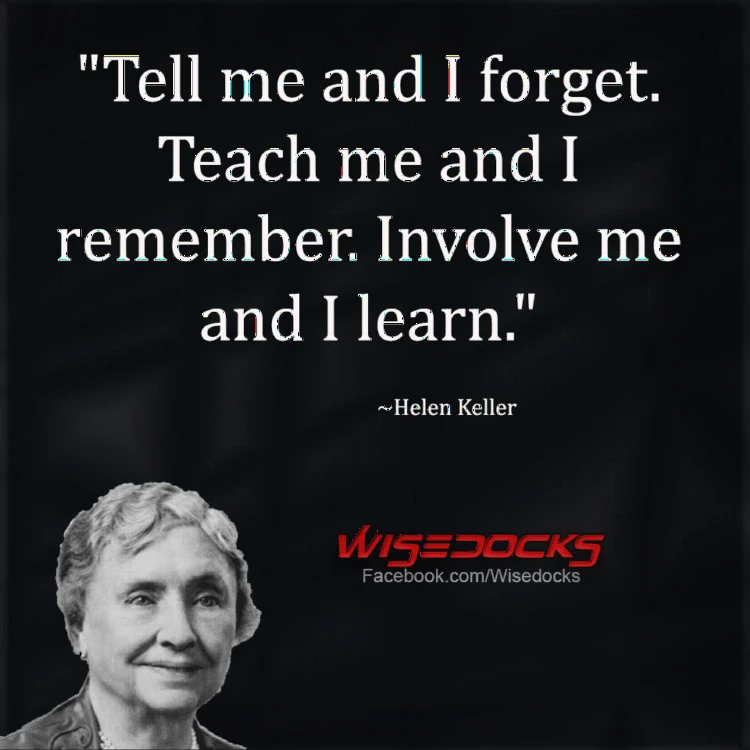
Helen’s later years were filled with even more advocacy work. She continued to travel the world, meeting with everyone from Japanese schoolchildren to Winston Churchill. Everywhere she went, she spread a message of hope and determination, proving that obstacles were just opportunities in disguise.
Her life’s work culminated in receiving the Presidential Medal of Freedom in 1964, one of the highest civilian honors in the United States. This was America’s way of saying, “Thanks for showing us how it’s done, Helen.” If Helen had been alive today, she would’ve undoubtedly gotten the Nobel Peace Prize and possibly her own Netflix special.
Helen Keller passed away on June 1, 1968, at the age of 87. She had spent her entire life proving that limitations are just speed bumps on the road to greatness. Helen didn’t just live life; she conquered it, and then taught it a lesson on the way out.
Today, Helen Keller is more than just a historical figure—she’s an icon, a symbol of unyielding determination. She’s a reminder that the human spirit is indomitable, that no matter how dark or silent the world may seem, there’s always a way to break through.
Schools, buildings, and awards bear her name, and her story continues to inspire millions of people around the globe. When you think about it, Helen Keller didn’t just overcome her disabilities; she transcended them, using them as a springboard to launch into the stratosphere of greatness. She didn’t just change her own life; she changed the world’s perception of what’s possible.
So, the next time you’re having a bad day because your Wi-Fi is spotty or your coffee’s too cold, just remember Helen Keller. She didn’t just break the mold; she shattered it into a million pieces and then used those pieces to build a path for others to follow.